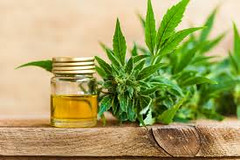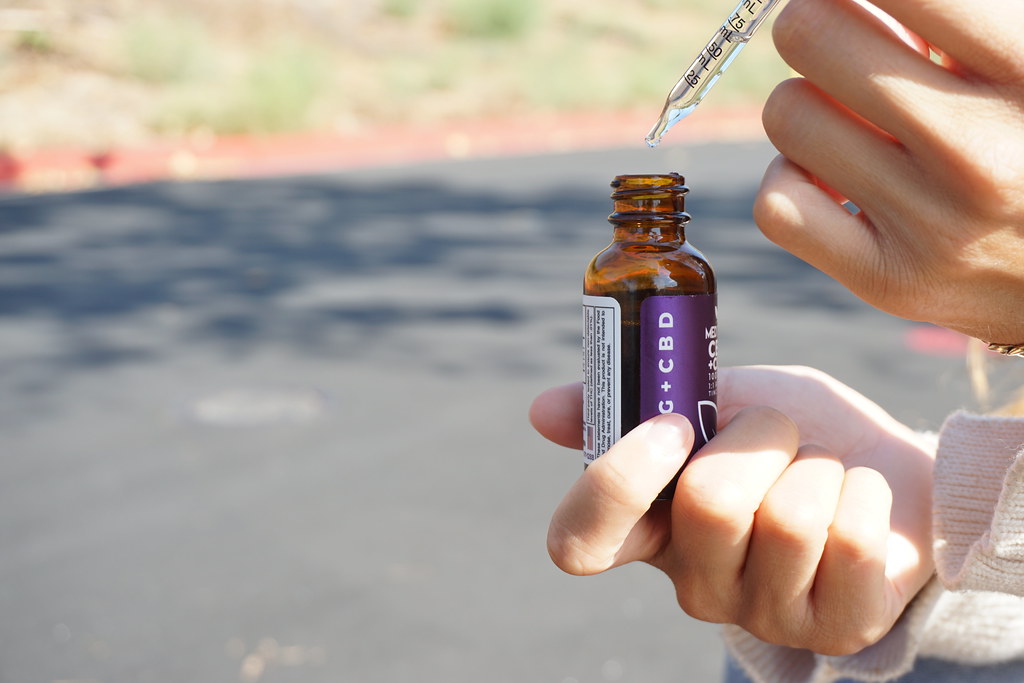
Does CBD Oil Thin Your Blood? Understanding the Impact
In the realm of natural health remedies, cannabidiol (CBD) has emerged as a superstar. From anxiety relief to pain management, CBD’s potential benefits are widely discussed. However, an important question looms: does CBD oil thin your blood? In this comprehensive guide, we delve into the intricacies of CBD and its potential influence on your blood, providing insights, expert opinions, and credible sources to help you make informed decisions regarding this popular supplement.
CBD oil, derived from the cannabis plant, has gained immense popularity for its potential therapeutic effects. As its usage grows, so does curiosity about its impact on various aspects of health. One such concern revolves around its potential to affect blood thickness. Before we delve into the details, let’s begin with the basics.

What is CBD Oil?
To understand its effects on blood, we must first grasp what CBD oil is. CBD is a non-psychoactive compound found in the cannabis plant, known for its potential health benefits. It interacts with the endocannabinoid system in the human body, which plays a crucial role in maintaining balance.
Does CBD Oil Thin Your Blood?
Now, let’s address the core question: does CBD oil thin your blood?
CBD’s Interaction with Blood
CBD is known to have potential anticoagulant effects. This means it may hinder the clotting process in your blood. However, these effects are not well-documented and may vary from person to person.
Scientific Insights
Research into CBD’s impact on blood thickness is ongoing. Some studies suggest that CBD may influence the way platelets function, potentially reducing their ability to form clots. However, the exact mechanisms are not yet fully understood.
Expert Opinion
Dr. Sarah Rodriguez, a renowned expert in cannabis research, emphasizes the importance of individual variation. She states, “CBD’s influence on blood thickness can vary based on factors like dosage, genetics, and overall health. It’s crucial to consult a healthcare professional before using CBD if you have concerns about blood thinning.”
User Experiences
While scientific evidence is limited, anecdotal reports abound. Some individuals claim that they’ve noticed a slight blood-thinning effect when using CBD, while others report no such experiences.
Factors to Consider
Before incorporating CBD into your wellness routine, consider these factors:
1. Dosage Matters
The dosage of CBD you take may play a significant role in its potential blood-thinning effects. Higher doses may have a more pronounced impact.
2. Individual Variability
As mentioned earlier, individual responses to CBD can vary. Genetics, overall health, and existing medications can all influence how CBD interacts with your body.
3. Medication Interactions
If you’re currently taking blood-thinning medications, it’s crucial to consult your healthcare provider before using CBD. The combination of CBD and these medications may have unintended effects.
4. Regular Monitoring
If you’re concerned about blood thickness, regular check-ups with your healthcare provider can help ensure that your CBD use isn’t causing any adverse effects.

Potential Benefits of CBD
While the impact of CBD on blood thickness remains inconclusive, CBD offers various potential benefits, including:
- Pain Management: CBD is known for its analgesic properties, which can be valuable for individuals dealing with chronic pain.
- Stress and Anxiety Reduction: Many users report reduced stress and anxiety levels with CBD use.
- Improved Sleep: CBD may promote better sleep patterns and alleviate insomnia.
- Anti-Inflammatory Effects: CBD’s anti-inflammatory properties can benefit individuals with conditions like arthritis.
- Epilepsy Management: Epidiolex, a CBD-based medication, has been approved for the treatment of certain types of epilepsy.
Frequently Asked Questions (FAQs)
Q: Can CBD oil replace blood-thinning medications?
A: CBD oil should never replace prescribed blood-thinning medications without consulting a healthcare professional.
Q: Are there any side effects associated with CBD and blood thinning?
A: While CBD is generally considered safe, side effects such as dizziness and nausea may occur.
Q: How can I ensure safe CBD usage?
A: Consult your healthcare provider before using CBD, especially if you’re taking other medications.
Q: Is CBD legal everywhere?
A: CBD’s legal status varies by location. It’s essential to be aware of your local laws and regulations.
Q: Can I use CBD if I have a bleeding disorder?
A: Individuals with bleeding disorders should avoid CBD without consulting a healthcare provider.
Q: Are there alternative natural remedies for blood thinning?
A: Some natural remedies, like omega-3 fatty acids, may have mild blood-thinning effects. However, consult a healthcare provider before using them.
Conclusion
In the world of wellness, CBD oil stands as a promising option for various health concerns. While the question of whether does CBD oil thin your blood remains a subject of ongoing research, it’s crucial to approach CBD with caution, especially if you have concerns about its potential effects on your blood. Consulting a healthcare professional and closely monitoring your response to CBD is the safest approach.
Remember that individual experiences with CBD can vary widely, and what works for one person may not work the same way for another. Always prioritize your health and well-being, seeking professional guidance when necessary.



Leave a Reply